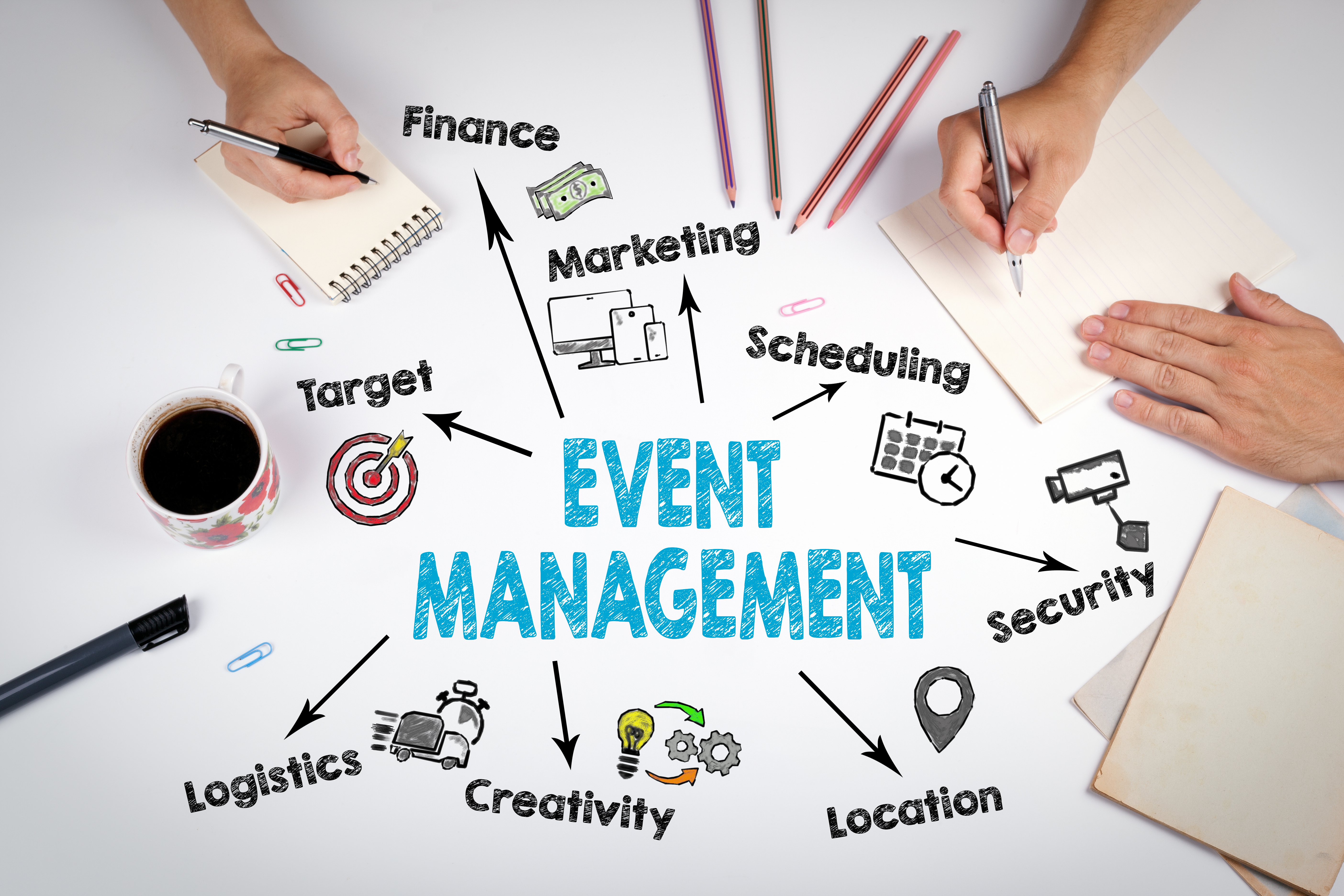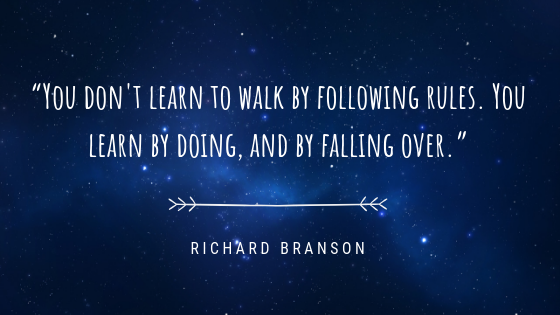
To err is human, no one will ever doubt that and some lessons need to be learned the hard way. It's how we learn from our mistakes and grow from our trials in life. Same goes for our industry. The life of events is ever-changing and often comes with some unavoidable complications, but everything is a learning opportunity. Over the next few months we will be catching up with some of the most influential Event and Meeting Planners in Canada so they can share some of the biggest lessons they had to learn the hard way so that you don't have to.
Brenda Carter, CMP CMM
Brenda has served the events industry for 25 years working in both the corporate and association markets. With so many years of experience under her belt, she has learned so much and continues to learn each day (the industry demands it). Brenda has taught some of the MPI Toronto Chapter CMP Study Group classes.What is the toughest lesson you learned the hard way?
Always start with a budget! Whether it's a corporate event or an event for your association budgets are a key place to start."As I take on a more creative approach to events and that's what I excel at, numbers had always come secondary to me. I learned early on that to be able to achieve our event goals I needed to start with a budget and then engage my creative side to work within that budget. For instance, if our goal was to have attendees learn something new or have them fully understand a particular product, then I would recognize that a good chunk of our budget needs to go to the AV production. It needs to be enticing. These components are very important in making sure our message isn't lost or doesn't fall flat. "
How did you learn from it?
"For me, it always comes back to the event goals and objectives, so I have learned to start there and prioritize based on whichever components are most important in achieving those goals."What advice would you give to an emerging planner?
"Always keep in mind the goals of the attendee as well as the client. Why is your client putting on this event AND why are people attending it? These both need to align and need to be at the forefront of any event you're planning"
Michelle Ribout, CMP
Michelle is an experienced planner with a diverse and well-rounded career in the event business. Initially studying and graduating with a degree in kinesiology in Thunder Bay, she was always drawn to the sports and recreational therapy aspects as opposed to the medical side. After graduating, Michelle started working for the city of Thunder Bay implementing fitness to their community programs. She was first exposed to the world of events when she was tasked to plan the community’s summer events. Michelle went on to produce a variety of programs including their award-winning Kite Festival. It was a few years later when Michelle made the move to Toronto, landing a position with Retail Council of Canada. For the past 8 years she has produced numerous successful events, gained her CMP certification and has rightfully earned her current position as their Director of Events.
What is the toughest lesson you learned the hard way?
Sponsorship Contracts
"As an association, we rely a lot on our sponsors and we do some contract sponsorship deals for in-kind sponsorship. One company we worked with (that we had never worked with before) - they seemed great and were really gung-ho and willing to provide their services, but we didn't get their signed contract until the day of the event. We didn't receive any mock-ups, but they kept reassuring us that they understood what we were looking for and that everything was taken care of. The day of the event they were late and didn't show up until the last minute. We could tell something wasn't right and that they weren't being truthful with us. Ultimately, they didn't deliver on the things they promised us. Luckily, our team was able to make it work so it wouldn't affect the success of the event."
How did you learn from it?

"I've definitely learned that I need sponsorship contracts signed and in hand before they start executing anything and have specs given to me well in advance. If something feels off it probably is and I just need to always trust my gut. As an event planner you know when things are right or wrong, you can't be afraid to push your suppliers, even if they're sponsors and providing you with in-kind services. They are still a supplier and there are still deliverables to execute on".
What advice would you give to an emerging planner?
"Get your CMP!"
"When I was first introduced to the events world, I was introduced to people who had tried to get their CMP and it was very overwhelming for them. I ended up doing the program, it took a couple of months. You need to study, you need to put the time in and it is work but it is worth it in the end. I didn't find it as intimidating as others had told me. It is valuable and gives you an edge on your resume and when interviewing."
"Expose Yourself"
"There are so many different events out there and so many different capacities of what an event planner can look like. Especially young in your career, try different things out and find what works best for you."

Have a story to share?
email us at sashenhurst@bbblanc.com



